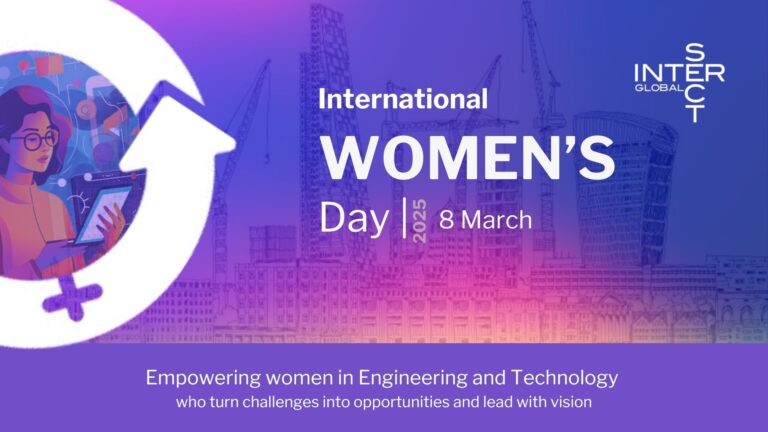
According to the Bank of England, the rate of inflation is set to rise to 11% this year, eventually slowing down by next year and at 2% in the next two years. Whilst it is somewhat of a relief to hear that by year 2024 it will be at 2%, in the meantime we all have to face the rising cost of living and ride this wave out.
So, what does this mean for job seekers?
Despite the rise in business costs, a report published this month (June 2022) by KPMG and the Recruitment and Employment Confederation (REC) shows that general recruitment activity continues to grow in the UK, the increase rate was at its slowest in 16 months. This slow increase was attributed to a combination of candidate shortage and slower decision-making from employers amid rising business costs.
This ongoing imbalance between the availability and demand of workers, drove starting pay rates to increase in June. Underlying data showed that permanent vacancies are rising at a steeper rate than temporary vacancies.

Source: Office for National Statistics
Recruiters are reporting a shortage in skills for roles such as Quantity Surveyors and Design Engineers as well as in other disciplines.
Jobseekers should be ”strategic” and target sectors experiencing shortages as well as those that are growing. The shortage occupation list – shows where workers are needed. It includes fields like civil engineering among others.
With top infrastructure projects such as Thames Tideway, HS2, Hinkley Point and Stonehenge tunnel all under way in 2022, the outlook for Civil Engineering job seekers in the UK remains positive (Read more about these projects).
So, if you have been considering a change, take the leap and head over to our previous blog (5 top tips for Civil Engineering CV writing), update your CV and get in touch with us.
To see a selection of our current vacancies, check out our website or alternatively, should you not see a role which is of interest connect with us on LinkedIn or email us.





